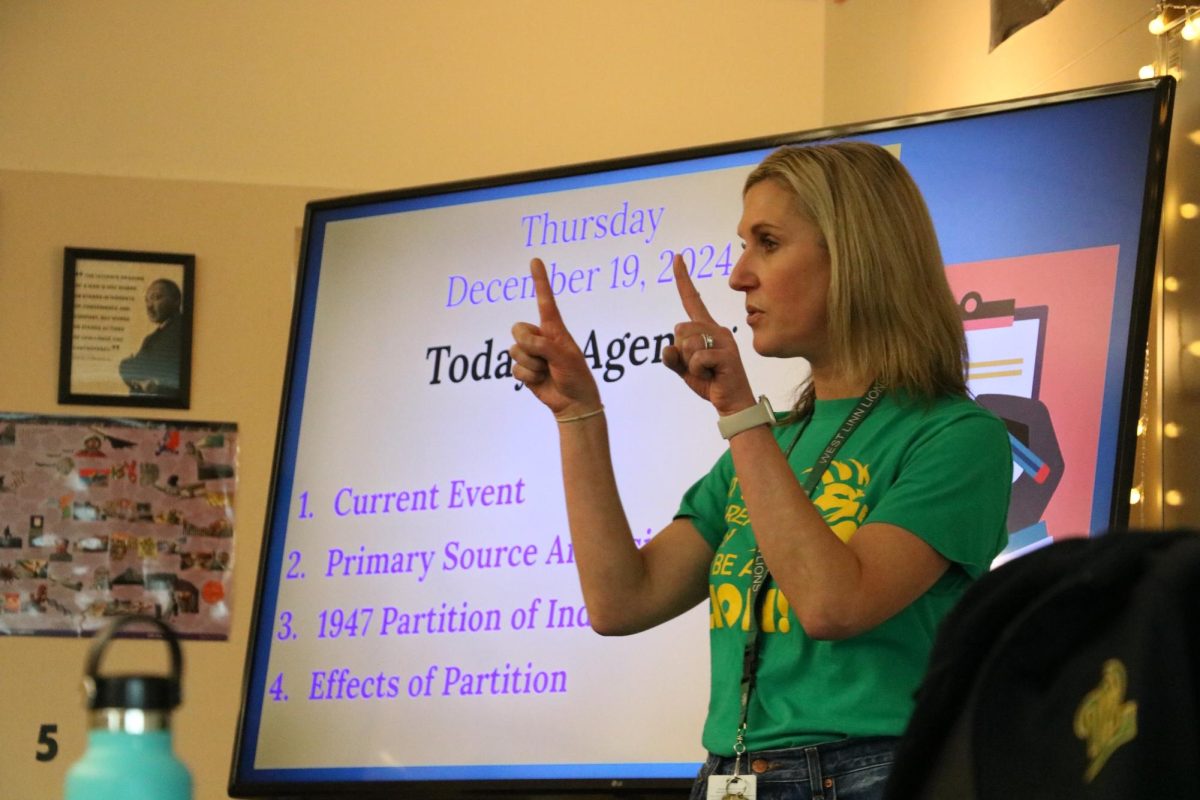For the first two years of high school, I didn’t think about college, unless it was in broad generalizations about the future. So when it came time to begin the application process, I had no idea where to start. Being the oldest of my family, I had no older siblings to go to for advice. My parents were just as lost as I was. Now that I have gone through the process, I have made it my mission to make applying to college easier for those who come after me. Hopefully, anyone from freshman to seniors can gain help using these five steps.
1. Keep up your grades: This is my biggest regret of high school. My first two years of high school, I lacked proper focus. I maintained decent grades, but I could have had a higher GPA than I did. For freshman and sophomores, this is my biggest piece of advice. You may not be thinking about college yet, and that is fine. I did not even begin to plan things until the last quarter of junior year. Sustaining good grades is essential for so many reasons, but few are as important as college. Even seniors have to do this because private schools will ask for your first semester grades of your senior year. I was even able to be reconsidered for more scholarships at schools following my first semester of senior year because I improved my GPA and class rank.
2. Visit anywhere you can: Traveling to see colleges is exciting. This is when I first began to really become excited for college. I took two college trips last summer and can vouch for how beneficial visits are. I went to Barrett, the Honors College at Arizona State University because my mother heard rave reviews from the parent of a student there. I knew next to nothing before I toured it, but fell in love when I was there. It quickly became my favorite, and I will be going there next fall. None of this would have happened if I had not of toured as many schools as possible. Obviously, very few of us can afford the costs that come from taking many trips to schools. Bundling multiple school visits into one trip is more financially prudent and can open your eyes to schools you have not considered before. If you are applying to a state university, you should absolutely take a trip to see them. You can make it possible to visit schools you are considering, even if it means long car rides. Road trips down to California may not be fun, but visits to a college you are considering, regardless of where it is, will give you the best opportunity for a better feel for the place you might be spending the next four or more years of your life at.
3. Early is best for everything: Admittedly, I often procrastinate. And by often, I mean always. College applications were no different, but I wish I hadn’t. Putting off a paper to the night before it is due is one thing, but submitting my application at 11:57 p.m. the night it was due is quite another. Thankfully, it worked out, but what I sent was not as good as it could have been. So it’s simple: start early. Dedicate part of a Sunday or a weeknight with no homework to begin a first draft of your application. A big part of applications is entering information that takes very little thought: your address, phone number, previous classes, etc. You can knock this out quickly if you do it all at once. The tough part is when it comes time to write essays. This is the time where you will thank yourself later for starting early. Having the time to let a teacher or counselor read over your essay is invaluable because this single piece of writing is a huge part of your application.
4. Especially for Early Applicants: Early Application is a great way to go for students. I chose it for nearly all of my schools. This means you will be completing the applications by November, but it is worth it. Come late winter and early spring, you will begin to hear back from these universities. It will provide you a head start on a decision that already feels rushed. Some schools give advantages to those Early Application students. When I toured Barrett, a counselor told us that submitting an Early Application gave potential students an advantage. She said even if applicants going through Regular Decision were qualified, the school only had a certain amount of spots. Due to this, quality applicants had to be turned away.
5. Don’t be intimidated by scholarships: Once you know what colleges you are accepted to, chances are you will start looking at scholarships. This is the area of the college process where I failed most. Wherever you search for them, the list will seem daunting. Just recently I have begun to apply for scholarships, both nationally and locally. It feels like finding a needle in a haystack, and in many ways it is. But if you are awarded just one scholarship for $1,000, it will be worth over 100 hours spent at a minimum wage job.
Good luck to anyone going through this process. Thinking about college is such an empowering thing, and I know very few seniors who are not excited for the future. There are very few feelings better than being accepted to college. I hope you can learn from my mistakes, however old you are, and go about the college process in a successful manner.





























































![At the bottom of the third inning, the Lions are still scoreless. Rowe stands at home plate, preparing to bat, while Vandenbrink stands off to the side as the next batter up. Despite having the bases loaded, the team was unable to score any runs. “It’s just the beginning of the season. We’re just going to be playing out best by June, [and] that’s where champions are,” Rowe said.](https://wlhsnow.com/wp-content/uploads/2024/03/IMG_3077-1200x900.jpg)







































![All smiles. The group poses for a photo with last year’s book, “This is Our House,” along with their award for third Best in Show. Meikle, who was an Editor-in-Chief for the yearbook last year as well, holds both and stands at the center of the group. “That was an amazing feeling, going and grabbing the third place award,” Meikle said. “All of it paid off. I cried so much over that book, being able to receive [the award] was one of the highlights of my high school career, it was like the coolest thing ever.”](https://wlhsnow.com/wp-content/uploads/2024/11/8bookpose_philly-1200x800.jpg)












